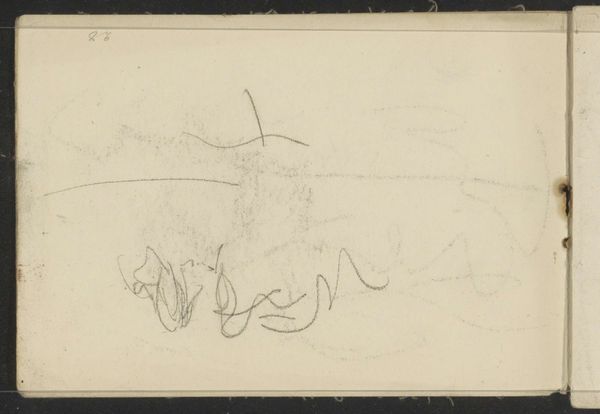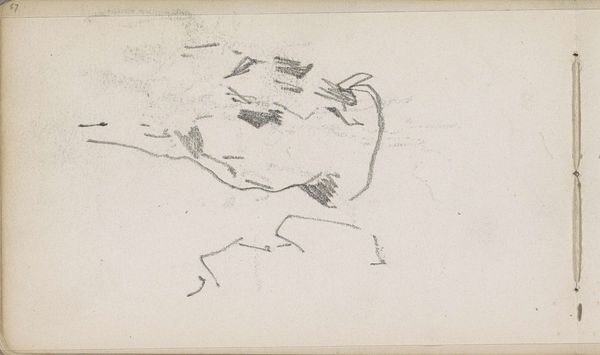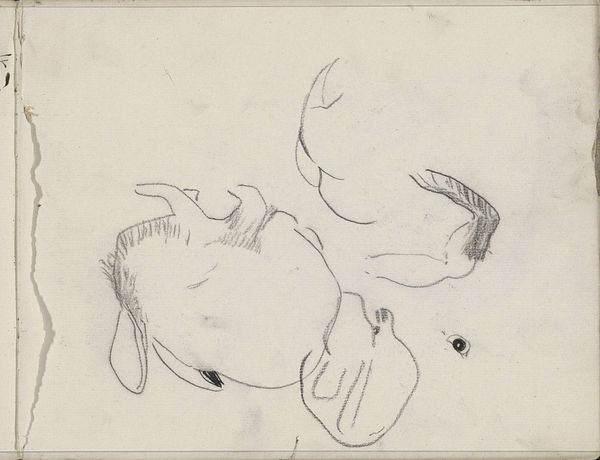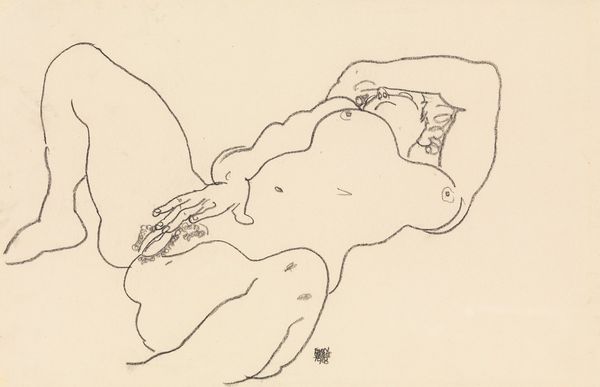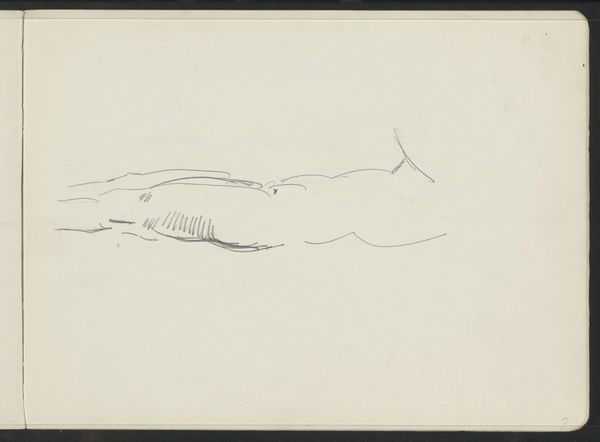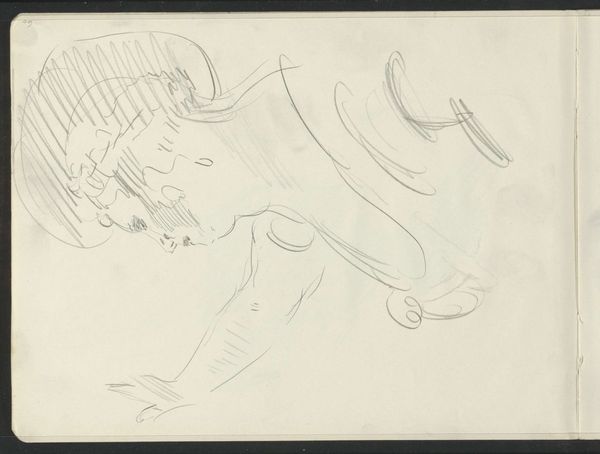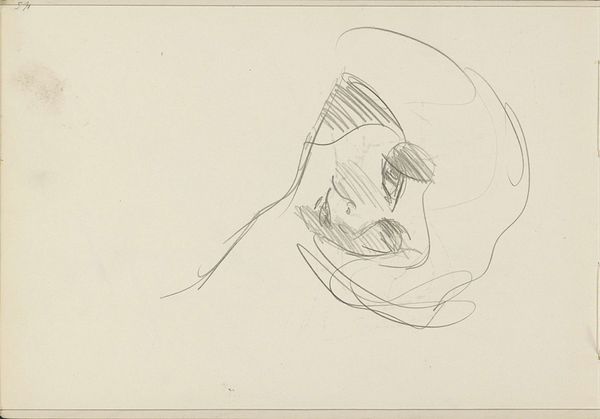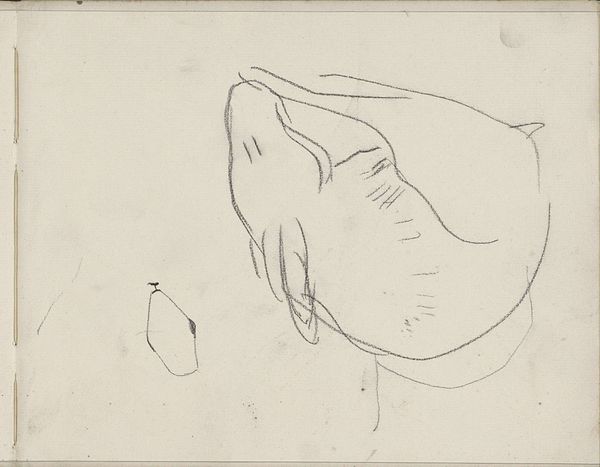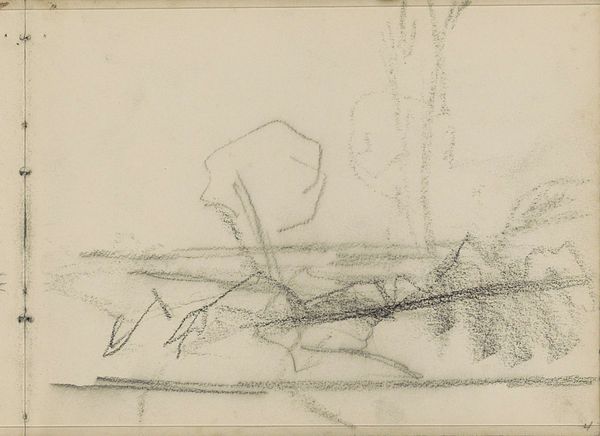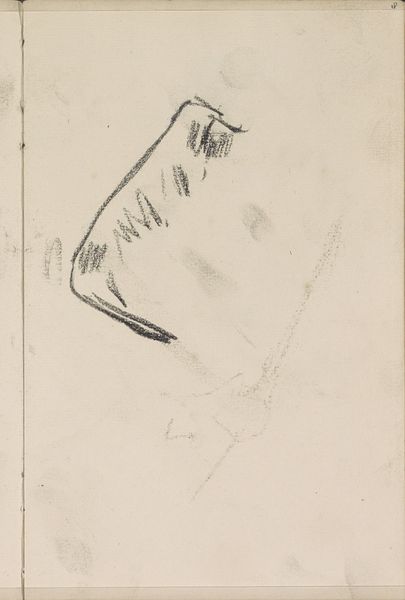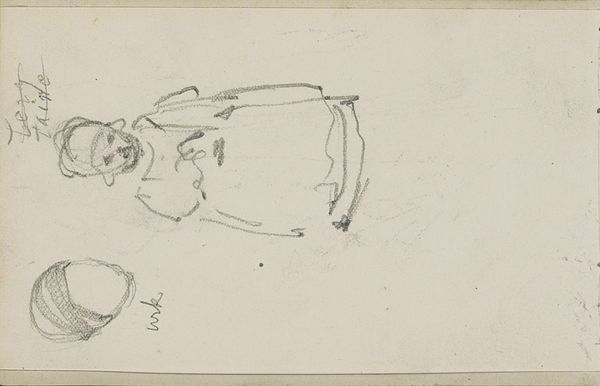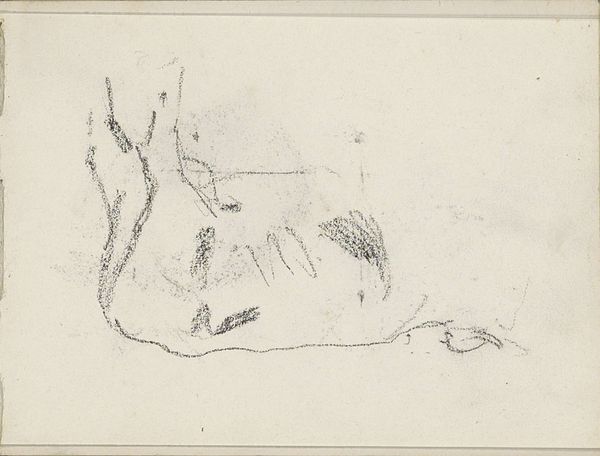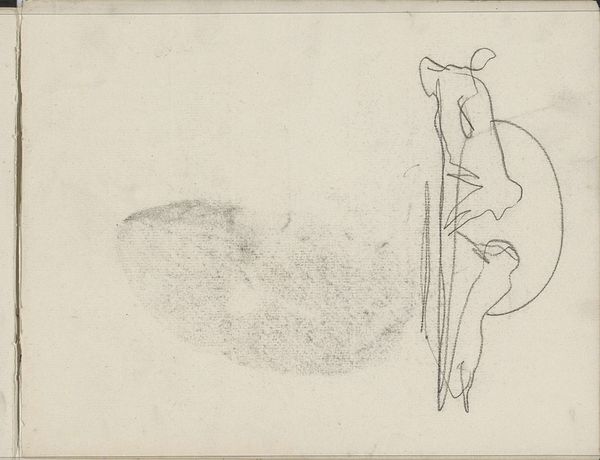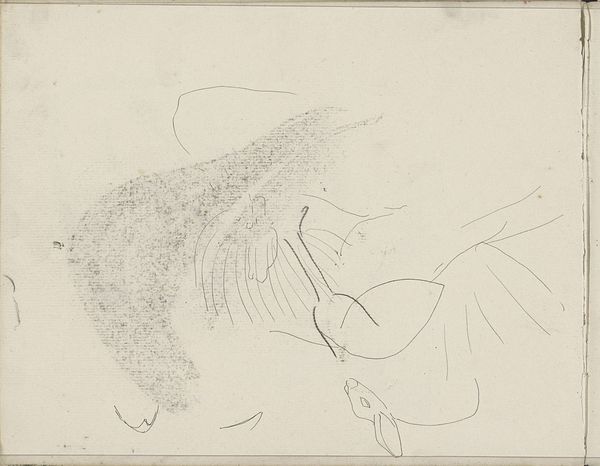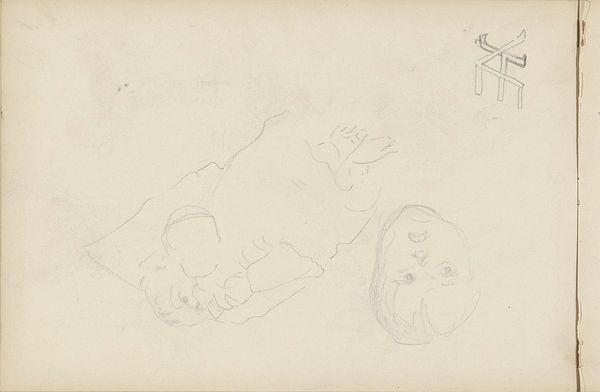
drawing, print, etching, ink
#
drawing
#
dutch-golden-age
#
ink paper printed
# print
#
pen sketch
#
etching
#
landscape
#
etching
#
ink
#
geometric
#
line
#
cityscape
Dimensions: width 555 mm, height 381 mm
Copyright: Rijks Museum: Open Domain
This section of a map showing the Maas river estuary and postal routes was made by Joost van Geel, sometime in the 17th century. It’s an etching, made by covering a copper plate with wax, scratching through the wax to expose the metal, and then bathing the plate in acid. The acid bites into the exposed lines, allowing them to hold ink. The quality of the printed line is all-important here. The artist uses a wide range of marks – tiny hatch marks to indicate shallow water, bold outlines for the land. The etching process allowed for the relatively quick creation of a matrix, that could be editioned to a large extent and be rapidly distributed, allowing the circulation of information across the 17th-century Dutch Republic. Far from being a neutral recording of objective reality, this map offered a perspective, tied to expanding trade networks and emerging postal systems. It's a reminder that maps aren't just about geography, they are cultural artefacts in themselves.
Comments
No comments
Be the first to comment and join the conversation on the ultimate creative platform.
